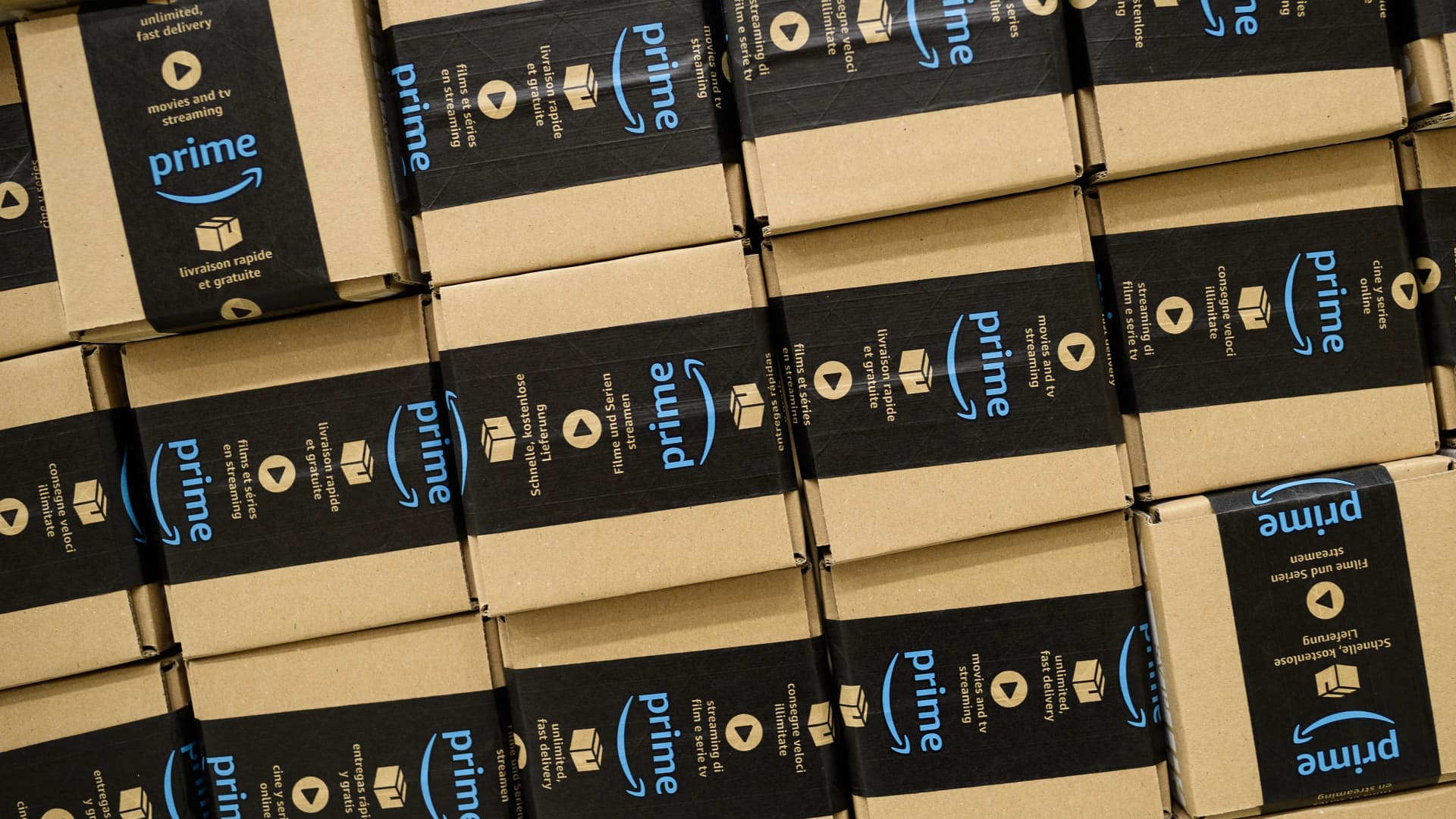Marketing Junto - In Person vs. Virtual vs. Hybrid Events
|
Older messages
If You're In An Industry You Should Participate In It As Well
Wednesday, April 20, 2022
Evo Terra, the hall of fame podcaster, in one of his latest Podcast Pontification episodes, has called out to those working in podcast related businesses they should have a podcast of their own if they
The Business Of News Is Changing. Enter Personal Branding.
Wednesday, April 6, 2022
The business of news is changing with every advance on the Web. Younger journalists are not flooding the newsroom like they used to. Many are striking out on their own and using digital marketing
Making Newsletters Into A Platform... A Good Thing?
Wednesday, March 30, 2022
I've been intrigued with the online newsletter for sometime now. When I went to the University of Delaware where I joined their journalism program and then was a professional journalist for six
Digital Marketing Giving Back To The Communities Around Them
Wednesday, March 23, 2022
Last Wednesday and Thursday, I attended SeerFest, an online 2-day conference put on by Seer Interactive, a digital marketing and SEO agency in with offices in Philadelphia, San Diego, as well as remote
The Bridge Between The Pandemic And The New Normal
Wednesday, March 16, 2022
WordPress.com (the hosted version of the WordPress open source project) sent a newsletter with a writing prompt for this month. It was more of a word. The word was bridge. At first I shrugged it off
You Might Also Like
🔮 $320B investments by Meta, Amazon, & Google!
Friday, February 14, 2025
🧠 AI is exploding already!
✍🏼 Why founders are using Playbookz
Friday, February 14, 2025
Busy founders are using Playbookz build ultra profitable personal brands
Is AI going to help or hurt your SEO?
Friday, February 14, 2025
Everyone is talking about how AI is changing SEO, but what you should be asking is how you can change your SEO game with AI. Join me and my team on Tuesday, February 18, for a live webinar where we
Our marketing playbook revealed
Friday, February 14, 2025
Today's Guide to the Marketing Jungle from Social Media Examiner... Presented by social-media-marketing-world-logo It's National Cribbage Day, Reader... Don't get skunked! In today's
Connect one-on-one with programmatic marketing leaders
Friday, February 14, 2025
Enhanced networking at Digiday events
Outsmart Your SaaS Competitors with These SEO Strategies 🚀
Friday, February 14, 2025
SEO Tip #76
Temu and Shein's Dominance Is Over [Roundup]
Friday, February 14, 2025
Hey Reader, Is the removal of the de minimis threshold a win for e-commerce sellers? With Chinese marketplaces like Shein and Temu taking advantage of this threshold, does the removal mean consumers
"Agencies are dying."
Friday, February 14, 2025
What this means for your agency and how to navigate the shift ͏ ͏ ͏ ͏ ͏ ͏ ͏ ͏ ͏ ͏ ͏ ͏ ͏ ͏ ͏ ͏ ͏ ͏ ͏ ͏ ͏ ͏ ͏ ͏ ͏ ͏ ͏ ͏ ͏ ͏ ͏ ͏ ͏ ͏ ͏ ͏ ͏ ͏ ͏ ͏ ͏ ͏ ͏ ͏ ͏ ͏
Is GEO replacing SEO?
Friday, February 14, 2025
Generative Engine Optimization (GEO) is here, and Search Engine Optimization (SEO) is under threat. But what is GEO? What does it involve? And what is in store for businesses that rely on SEO to drive
🌁#87: Why DeepResearch Should Be Your New Hire
Friday, February 14, 2025
– this new agent from OpenAI is mind blowing and – I can't believe I say that – worth $200/month










